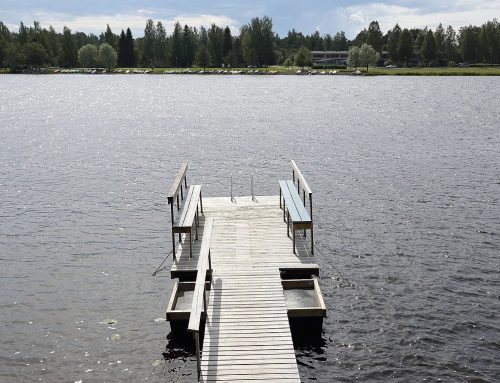The bill that would have imposed a moratorium on new natural gas pipeline construction in Virginia died without hearing or vote in the House Committee on Appropriations because it was not passed out of the House by “cross-over,” the date after which each house in the General Assembly may only consider bills originating in the other house. A more modest bill that imposes some of the same clean energy goals as the moratorium bill without the prohibition on new fossil fuel projects advanced and will now be considered by the Virginia Senate.
As noted in a previous post, the pipeline moratorium bill set aggressive renewable energy goals and aimed to achieve those goals by, among other things, imposing a moratorium on the approval of new fossil fuel pipeline projects that required the use of eminent domain. Pipeline companies hoping to construct a major pipeline under that regime would be faced with the prospect of trying to acquire all parcels along the federally approved route without use of eminent domain. In other words, every single landowner in the path of the project would have veto power over the entire pipeline project. Some landowners would likely use this leverage to exact higher compensation from the pipeline operator, while others would likely use the opportunity to derail the project because of ideological opposition.
The bill that advanced, House Bill 714, amends the provisions of the statutory Virginia Energy Plan that set forth state policy on energy to note that climate change is a pressing threat to the state. It further notes that “[s]wift decarbonization and a transition to clean energy” are required to meet the challenge. It provides a series of objectives to address climate change, including maximizing energy efficiency programs, establishing greenhouse gas emission reduction goals, and developing carbon-free energy resources so that 100% carbon-free electricity generation can be achieved by 2040. However, the bill notes that it is the policy of the Commonwealth to ensure the adequate supply of natural gas until businesses and electricity generators switch to renewable energy. The bill then requires a collection of agencies and stakeholders to develop a comprehensive energy plan that would achieve a net-zero carbon energy economy by 2045.
Unlike the pipeline moratorium bill, however, House Bill 714 leaves for a later date any concrete actions to achieve the goal of achieving a clean energy economy. It does not, for example, impose a moratorium on new fossil fuel projects or mandate that electricity generators reach certain percentage thresholds of electricity generated by renewable means or face penalties. Instead, it requires the agencies and stakeholders developing the energy plan to include “[r]ecommendations . . . for legislative, regulatory, and other public and private actions to implement” the plan and policies. Given that the stakeholder group developing the plan includes representatives from electric utilities, it is unlikely that the plan they develop will include anything as dramatic as a moratorium on new electricity generation facilities using fossil fuels.
House Bill 714 passed the House of Delegates on a vote of 55/45. It has been referred to the Senate Committee on Agriculture, Conservation and Natural Resources, which has not yet set the matter on its docket for hearing. The bill’s progress can be tracked here: http://lis.virginia.gov/cgi-bin/legp604.exe?201+sum+HB714. Its current text, as amended in the House, can be found here: http://lis.virginia.gov/cgi-bin/legp604.exe?201+ful+HB714H1




Leave A Comment